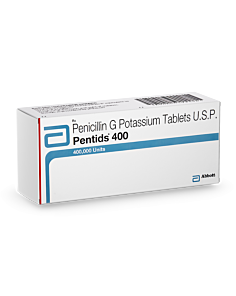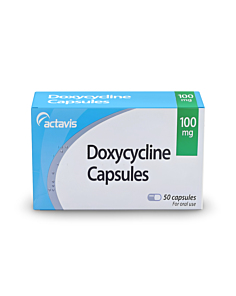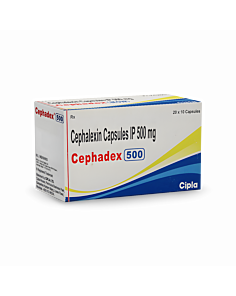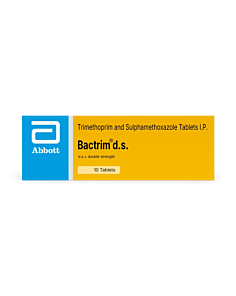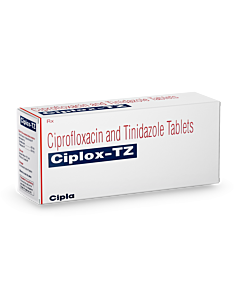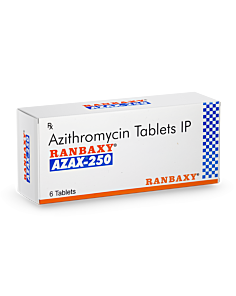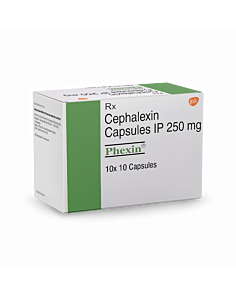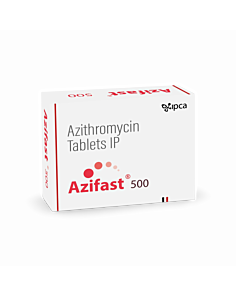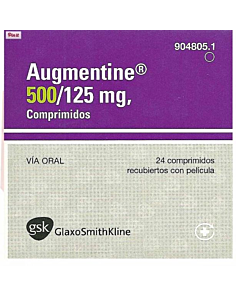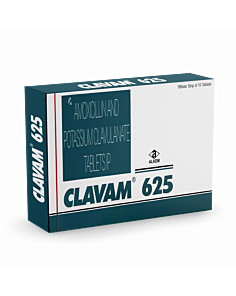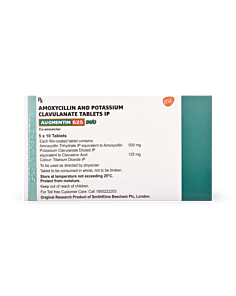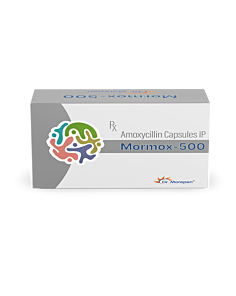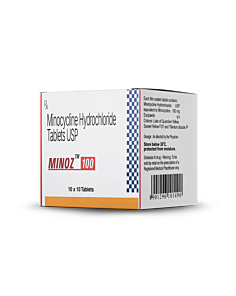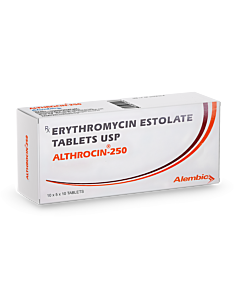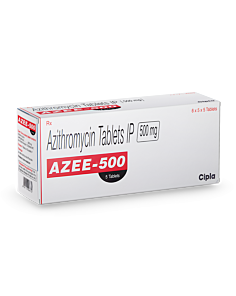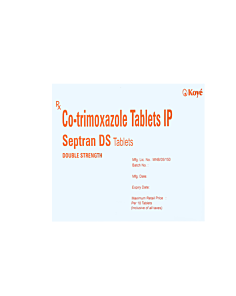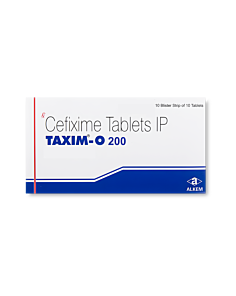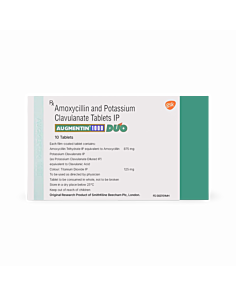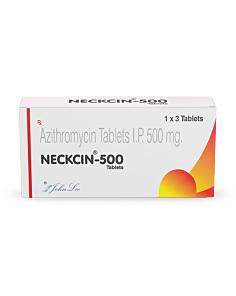Antibiotics
Antibiotics are potent anti-infection medications that, when taken appropriately, can save lives. They either prevent the reproduction of bacteria or eliminate them.
Typically, the immune system can eliminate bacteria before they grow and produce symptoms. White blood cells assault harmful bacteria.
Even if symptoms develop, the immune system can typically deal with and eliminate the illness.
Antibiotics help your body when the number of hazardous microorganisms exceeds the immune system's ability to combat them....
Penicillin was the first antibiotic discovered.
Antibiotics derived from Penicillin, such as Ampicillin, Amoxicillin, and Penicillin G, are still used to treat many infections and have been around for a very long period.
Antibiotics treat infections like Syphilis, Tuberculosis, Salmonella, and some cases of Meningitis. They also treat skin and other Urinary Tract Infections.
There are many classes of antibiotics. Certain types of antibiotics work best for specific types of bacterial infections. Buy all your antibiotics at the safest and cheapest online pharmacy GoodRxmedicine.com
Common Antibiotics come in many forms, including:
- Tablets
- Ointments
- Liquids
- Creams
- Capsules
Uses of Antibiotics
Some types of bacterial infections are treated or prevented with antibiotics. They are ineffective against viral infections like the common cold and Influenza.
Antibiotics should only be prescribed for the treatment of medical conditions.
- That is not serious but is unlikely to clear up without antibiotics – such as acne
- That is not serious but could spread to others if not promptly treated – such as the skin infection Impetigo or the sexually transmitted infection Chlamydia
- When there is evidence that antibiotics could significantly speed up recovery – such as a kidney infection
Doctors may also prescribe Antibiotics if you have undergone surgery. They can also recommend a course of antibiotics if you have bite wounds or are undergoing chemotherapy treatment.
How do Antibiotics work
Antibiotics function by inhibiting key bacterial activities, thereby killing or preventing the multiplication of bacteria. This assists the body's immune system in fighting bacterial infection. Different antibiotics are effective against certain types of bacteria.
- Antibiotics effective against many microorganisms are known as broad-spectrum antibiotics (e.g., Amoxicillin and Gentamicin)
- Narrow spectrum antibiotics are antibiotics that only impact a few bacterial species (e.g., Penicillin)
- Different antibiotics function in different ways. Penicillin, for instance, damages bacterial cell walls, whereas other antibiotics can alter how a bacterial cell functions
Doctors select an antibiotic based on the microorganisms that typically cause an infection.
Occasionally, your physician will test to determine the precise type of bacteria causing your infection and its susceptibility to specific antibiotics.
Types of Antibiotics
There are numerous antibiotics available, each with a different brand name. Common Antibiotics are often categorized based on their mechanisms of action.
Each type of antibiotic is only effective against specific bacteria or parasites. For this reason, different antibiotics are used to treat various infections. The most prevalent antibiotics include:
- Penicillins - Phenoxymethylpenicillin, Flucloxacillin, Amoxicillin, and Dicloxacillin
- Cephalosporins - Cefaclor, Cefadroxil and Cefalexin.
- Macrolides - Erythromycin, Azithromycin, and Clarithromycin
- Clindamycin, Metronidazole and Tinidazole
- Tetracyclines - Tetracycline, Doxycycline, and Iymecycline
- Aminoglycosides - Gentamicin and Tobramycin
- Sulfonamides and trimethoprim - Co-trimoxazole
Stay clear of infections. Visit GoodRxmedicine.com for all your antibiotics.
Side Effects of Antibiotics
Indigestion is the most prevalent side effect of Antibiotics. Consuming antibiotics can impact the digestive system of some people.
Antibiotics frequently result in the following adverse effects:
- Diarrhea
- Vomiting
- Rash
- Nausea
- Upset stomach
Oral, gastrointestinal, and vaginal fungus infections may be exacerbated by particular antibiotics or extended use.
Some uncommon side effects of Antibiotics include:
- When taking Sulphonamides, kidney stones may occur
- When taking Erythromycin and Aminoglycosides, hearing loss may occur
- Some Cephalosporins may result in irregular blood coagulation
- Tetracyclines may cause photosensitivity
- Trimethoprim may induce blood disorders
Specific individuals, particularly elderly ones, may have intestinal inflammation, which can result in severe Diarrhea.
In rare cases, Penicillins, Cephalosporins, and Erythromycin may also induce inflammation of the bowels.
Antibiotic resistance
Antibiotics are medications used for the prevention and treatment of bacterial infections. When bacteria mutate in reaction to the use of antibiotics, this phenomenon is known as antibiotic resistance.
These mutated bacteria develop antibiotic resistance and can infect humans and animals. The infections they induce are more challenging to treat.
Antibiotic resistance increases medical expenses, lengthened hospital stays, and mortality.
How do you avoid Antibiotic resistance?
Follow these instructions to avoid the buildup of Antibiotic resistance:
- Use antibiotics only when prescribed by a licensed medical expert
- Always follow your doctor's instructions when taking antibiotics
- Never share or utilize unused antibiotics
- Prevent infections by washing your hands, engaging in safe sex, and avoiding contact with sick people
Frequently Asked Questions
What are the top 10 antibiotics?
The top 10 commonly prescribed antibiotics are:
- Azithromycin
- Amoxicillin
- Amoxicillin and clavulanate
- Clindamycin
- Cephalexin
- Ciprofloxacin
- Sulfamethoxazole and trimethoprim
- Doxycycline
- Metronidazole
- Levofloxacin
What is the use of antibiotics?
Antibiotics are drugs used for treating bacterial and certain parasitic infections. They are ineffective against diseases caused by viruses, such as the common cold and Influenza.
Are 5 days of antibiotics enough?
You should always follow the instructions of your doctor. Even if you start feeling better, do not stop taking medicine.
How long do antibiotics take to work?
Antibiotics start to work as soon as you begin taking them. However, you might not feel better for another 2 to 3 days.
The time it takes for you to recover from antibiotic treatment varies. It is also affected by the type of infection being treated.
The majority of antibiotics should be taken for 7 to 14 days. Your doctor will determine the appropriate treatment period and antibiotic type for you.
Do antibiotics make you tired?
Suppose you feel tired after taking an Antibiotic. In that case, it could be because of the infection or a side effect of the medicine. Some Antibiotics that may cause tiredness are Azithromycin, Amoxicillin, and Ciprofloxacin. Consult a doctor if you feel the tiredness persists.



